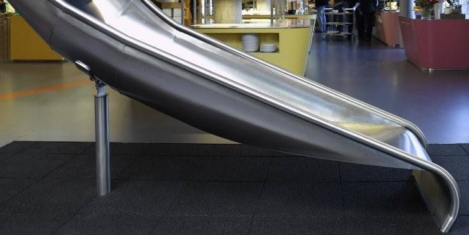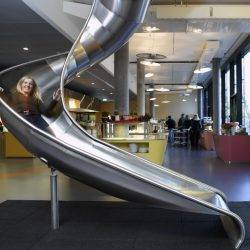October 20, 2017
Office ping pong tables a waste of money as solution to low productivity

Over half (55 percent) of UK employees are productive for less than 30 hours per week yet UK employers plough money into quirky benefits that a majority of employees see as a distraction a new report claims. New research from Sage. ‘Why your workforce isn’t working’ found that while many companies invest in quirky benefits to keep staff happy, their employees aren’t impressed. Only 9 percent believe company outings are a valuable benefit, and even fewer were favourable on office games such as ping-pong – with only 6 percent saying they value it as part of the work experience. In fact, in some cases people felt these were doing more harm than good: with over half (55 percent) saying that they are distracting and decrease productivity. Commissioned by Sage People, the study spoke to 3,500 global workers to uncover what people really want from their employers. The UK findings show the disconnect between the benefits employers provide and what employees want.




































October 10, 2017
We (still) need to talk about mental health in the workplace
by Liam Butler • Comment, Wellbeing
More →